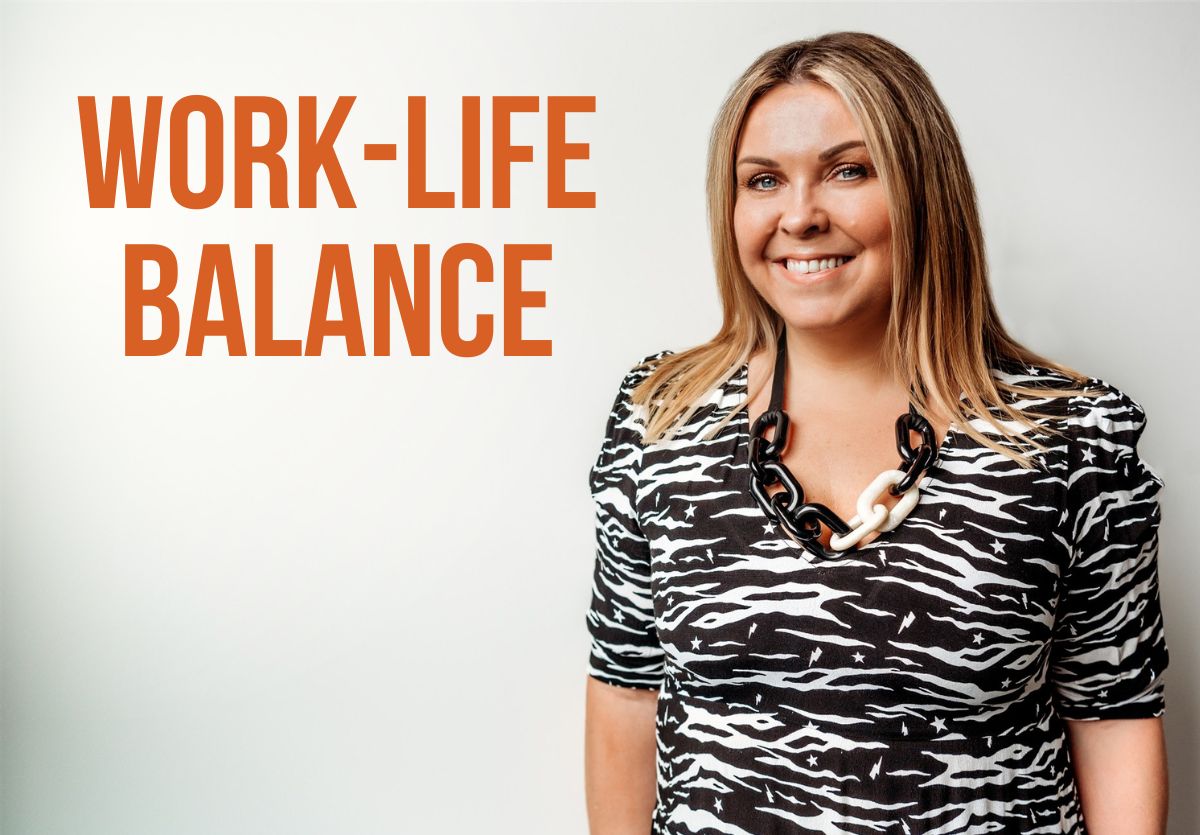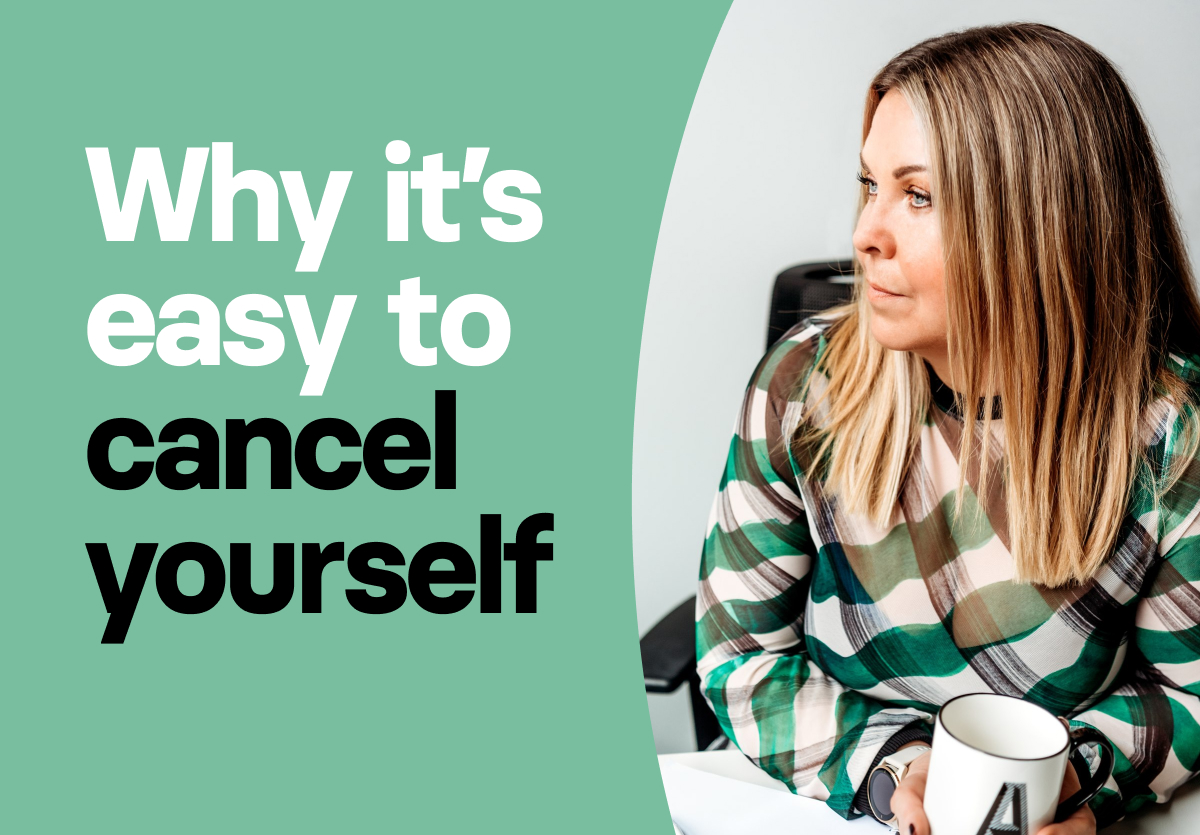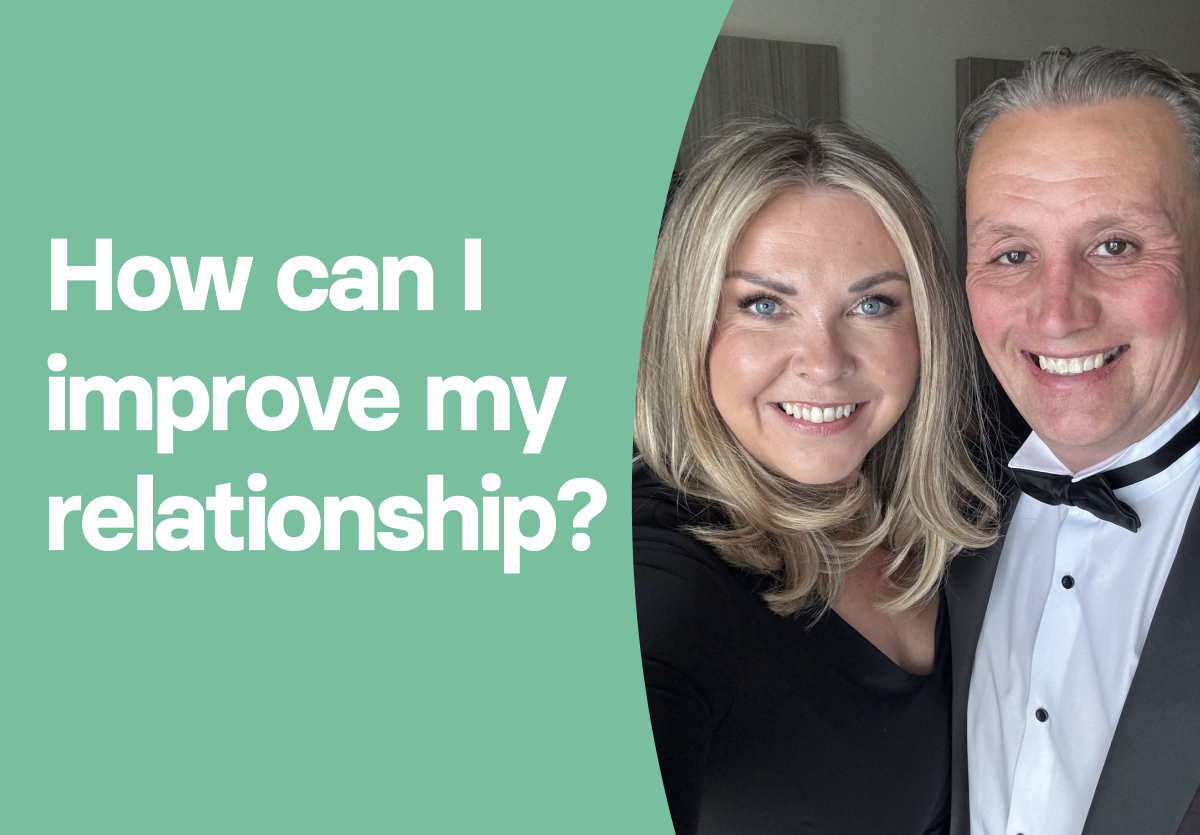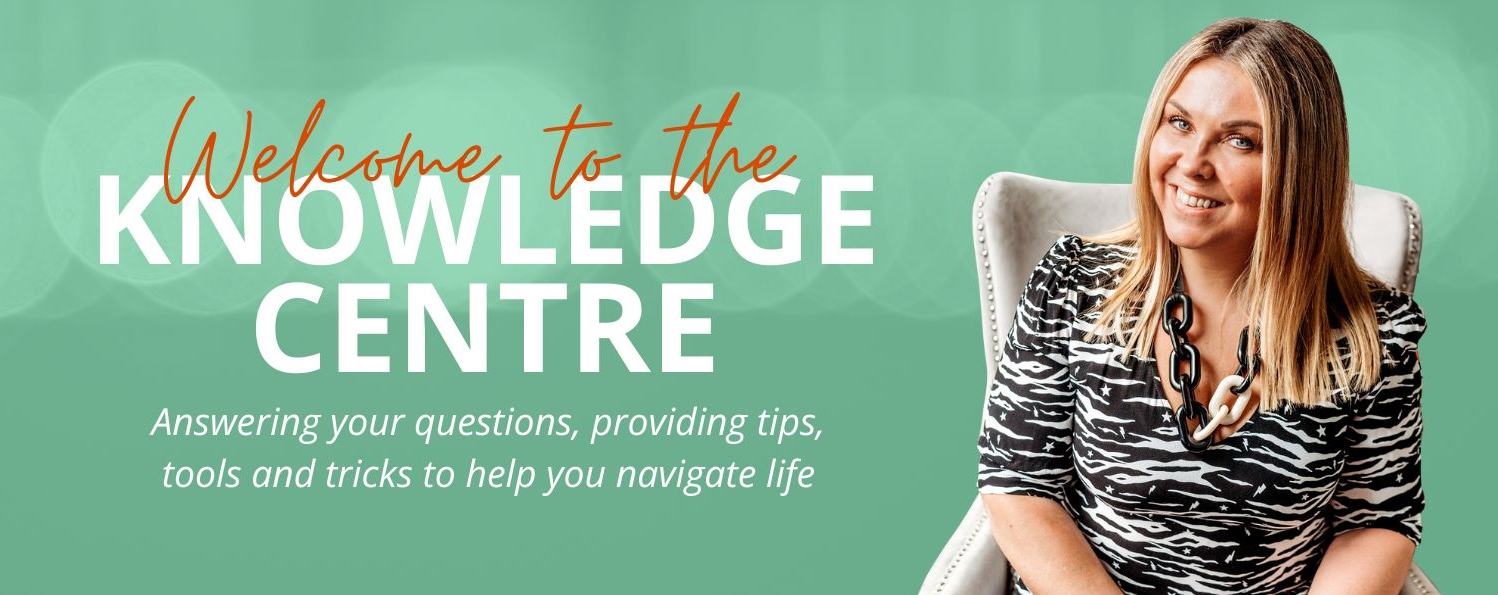
Maintaining a work-life balance is no easy task. If you feel like you are working all the time, you are not alone. Market surveys show that over 60% of employees find their jobs exhausting. With so much to do, you might not know how to manage everything. Now, many people have the misconception that working harder is good. However, it is more important that you do not overwork yourself. To help you strike a balance, here’s everything you need to know about creating a work-life balance.
What Is Work-Life Balance?
Before covering how to maintain a work-life balance, it is crucial that you know what it actually means. It is common for people to think that a work-life balance means trading off time spent on work with non-work activities. Generally, you should be able to pursue a hobby and spend time with family or friends after work to recharge. Finding a balance is all about keeping sane.
Why Is a Work-Life Balance Necessary?
When it comes to spending time, you have to ensure that there is variety. It is essential for staying energized and healthy. Working an 8-hour job is enough to leave you tired. Besides, research reveals that working more hours than this would have an adverse effect on your health. People who fail to practice self-care and take a break are at a higher risk of fatigue and burnout. By ensuring a work-life balance, you should see the following benefits.
- Fewer Health Issues: Long hours and overwork have serious consequences like poor health, fatigue, and a negative impact on relationships. In fact, people who spend around 3 to 4 hours extra on work are 60% more likely to experience health-related problems.
- Higher Productivity: When you spend a lot of time working, it takes a toll on effectiveness and productivity. On the other hand, a work-life balance boosts productivity. A good mood will keep you energized and ensure more creativity.
- Fewer Burnouts: A burnout is best described as mental exhaustion. If you are working in a highly demanding job, you are more likely to experience burnout.
Tips to Create Work-Life Balance
Now that you know more about the importance of work-life balance, here are some tips that I believe will prove beneficial.
- Learn to Say “No.”
A great tip that you must consider to ensure the work-life balance is saying “No”. You do not always need to agree to everything. Learn to set boundaries by assessing typical demands and focusing on prioritization. Stick to things that are urgent and only say “Yes” if you have the time and energy to take on more work. - Take Breaks
A break is essential for your health and well-being. Taking a page out of Swedish work culture, you should take a micro-break every hour. It will help make work more enjoyable, keep you engaged, reduce stress, and improve concentration. You have to be extra mindful when working from home as the last thing you want is to overwork yourself. - Take Advantage of Your Work Break
Since every job offers a break, you need to learn to use it. Avoid eating at your desk. There is no need for you to work during lunchtime. Instead, you should focus on enjoying your meal. After you are done eating, you should practice breathing exercises or meditation to reduce stress. - Request Flexibility
To create a work-life balance, you have to ask for flexibility. Have an honest conversation with your employer about your needs to ensure that you remain productive. Job sharing, a compressed workweek, and flexitime are great options if your company can accommodate them. - Prioritize Health
Maintaining physical health is also important. Habit stacking can help you improve your mental well-being and physical health. It will allow you to practice gratitude, connect with others, exercise, and meditate on a daily basis. - Practice Self-Compassion
Whenever I feel like I am not good enough or that I cannot keep going, I try to practice self-compassion. Let go of the idea that you need to be perfect. Perfectionism might have been helpful early in your career or while at school. However, stress tends to accumulate with time. It takes a toll on your mental and physical health. You have to recognize that everyone tends to struggle with life and that it is not going to be easy all the time. When you come to accept this truth, it helps you become more compassionate towards yourself. This way you get to focus on creating a balance. - Communicate Boundaries
Whether you are working remotely or in a specific office setting, you must communicate boundaries in order to unplug. Communicate how many hours you can work with your employer so that you do not receive any calls after those hours. By setting limits, you get to create a balance. - Build Relationships
Relationships give meaning to our lives. A lack of strong relationships is one of the leading causes of premature death. It is just as harmful as smoking 15 cigarettes a day. If you establish a solid social support network it can increase longevity and improve health. It is vital that you dedicate some time to nurturing relationships. Only when you unplug will you be able to pay attention to others. - Make Time for Family
In addition to building relationships, you also need to make time for family. Devote a few hours daily or weekly to your loved ones. However, every family member would have to follow suit if you want this to work. Everyone should be on the same page and take the necessary steps to carve out time. - Prioritise Quality Time
Make time for what is important to you. Have some time for doing things other than work. Exercise, swim, draw or watch a movie to relax. Ensuring quality personal time is critical for your mental well-being. Try out new activities that enhance your life. Similarly, you need to ditch those activities that leave you drained, such as sad music, time with certain friends, and excessive drinking.
Focus on high-value activities to enjoy what life is all about. Make the most of your downtime to take one step at a time. It will help provide an energy boost. Evaluate how you spend time so that you make the most of it. - Take Small Steps
Speaking of taking one step at a time, small steps are essential for maintaining your personal well-being. Try to remain active and eat better food. These habits might seem difficult at first, but they offer amazing results. Since motivation on its own is not enough, you have to change your behaviour. Make things simple and easy so that you do not have any excuse to avoid them. It is also important that you ditch distractions in order to get the results that you are looking for. Every small step is something that you should be proud of. Try to celebrate each victory so that you do not overwork yourself or feel guilty about taking out time for yourself. - Seek Help
Lastly, you need to get help if you feel like giving up. It is quite common for people to feel guilty for taking care of themselves instead of working. However, such behaviour can easily lead to overworking, which would only take a toll on your health. Seeking help from an expert will allow you to keep going. It is important that you overlook the stigma associated with mental health.
Conclusion
For a happy and healthy life, you need to create a work-life balance. There is no way around it. It is the only way that you enjoy life, learn new things and exceed in your career. Overworking yourself is not sustainable. You have to make time for fun. Do revisit your goals periodically to ditch ones that are unrealistic. Think about how you spend your time and energy so that you do not waste the most valuable resources at your disposal.
With the right network, there is nothing that you cannot achieve. But you have to take things slow and relax every day. Otherwise, your health would take a hit.
Learn how to create a better balance in the Project Me Academy click the link below:





